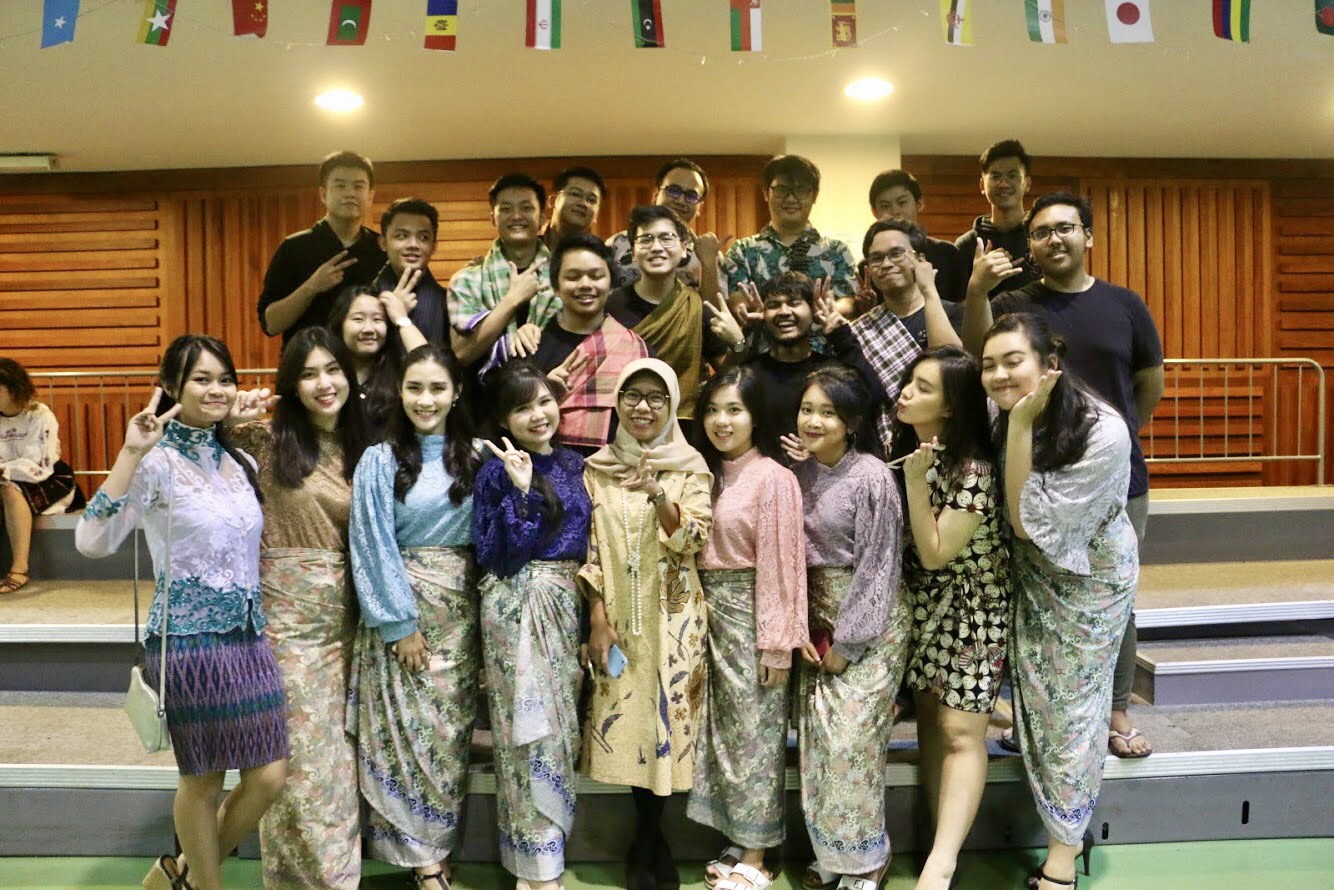Diversity on campus means more than increasing the presence of international students.
The importance of diversity on campus transcends the mere presence of international students. Increasing the number of international students on campus is not enough to make a university’s population diverse. Multi-cultural is not the only factor that helps achieve this endeavour as diversity goes beyond increasing the number of international students.
Diversity gives students a voice. It is also about recognizing and validating students’ differences and their varied personal experiences.

Swinburne Sarawak makes a conscious effort to increase the inclusivity and diversity of its students.
As an international university located in a highly diverse and multicultural city, Swinburne Sarawak makes a conscious effort to increase the inclusivity and diversity of its students, and the population of the general university community. Here’s why.
Diversity encourages creative thinking
Gaining diverse experiences through multiculturalism helps expand our students’ ability to see issues from different perspectives.
In addition, diversity can also contribute to social development. By interacting socially with peers from different backgrounds, our students expand the network with which they build relationships.
A diversity of perspectives can also be beneficial more so when faced with challenges during research, internships etc. This different perspective frees our students from ethnocentric and egocentric viewpoints. Diversity also lets students gain a panoramic perspective of the world, enabling them to see where he is at, in the moment of time.
Diversity prepares students for future career success
The global workforce is now more diverse than ever. This is why it is more important than ever for the next generations to interact with different people, of different cultures and experiences.
Such diversity promotes understanding and sensitivity to people’s differences. Having diversity in the classroom can enrich interracial relationships, thus creating mutual understanding about the expectations our students have when facing the real world. These, in turn, drive the success of today’s diverse workforce.
Diversity also prepares students to work in a more inclusive society. No matter what industry you work in. Employers, colleagues, customers, and even clients are likely to come from a variety of backgrounds and experiences.

Swinburne’s international students with state dignitaries during What About Kuching 2018 (WAK 2018)
By experiencing the diversity of the university, our students build a foundation to comfortably work and collaborate with people of all nationalities, cultures and beliefs.
Diversity brings about better results
Colleges and universities that recognize the importance of diversity in and out of the classroom—from residences to cultural events—provide a richer experience for their students.
A University of Michigan study found that educational interactions between the different racial and ethnic groups among its students led to more positive learning outcomes. The study found that students feel more engaged in the classroom, and are more motivated to learn. The study also found that students who attend multicultural universities have strong critical thinking, problem-solving, and writing skills.
Diversity encourages self-reflection
Being surrounded by people of different cultures, backgrounds, and countries can help students become more aware of social prejudices. it also allows students to challenge preconceived notions of another.
As students learn from their peers, they may find that spending time in diverse groups stimulates self-reflection and fosters cross-cultural understanding, inclusion, and collaboration. Learning about different cultures also encourages the student to be more sensitive to social customs and traditions.
This is an important quality in any environment, but especially in one’s future career, as students will learn to work effectively with, and may eventually lead culturally diverse teams.
Diversity expands worldliness
For some, going to college may be the first time they have had the opportunity to interact with a different group of people. Of course, many people find it comforting to be surrounded by similarities. But what is clear is that the workforce is constantly changing. Swinburne has taken steps to address and reflect the importance of on-campus diversity.
Why is this important? Because tomorrow’s leaders will be made up of people from different communities.
It is therefore a higher education institution’s responsibility to better prepare its students to develop sensitivity to, and appreciation of different races, cultures and identities.
In the long run, diversity on campus positively impacts students’ cultural identity by exposing students to new perspectives, and challenging students’ belief systems while emphasizing strong communication and collaborative skills.

Indonesian students participated in the performances at the Swinburne Cultural Night 2018
At Swinburne Sarawak, the university has been meeting the demand for a diverse campus community since its establishment in 2000. Our students come from more than 50 countries. They make up the many cultures, languages and heritage that are representative of the more than 3,500 student population.
If the diverse campus of Swinburne Sarawak sounds like a good fit for you, our experienced staff are ready to answer your questions about our campus, student life and how an internationally recognised and diversely populated university can help you be the best you can be.
Want to be a part of this diversity? Get in touch now !
This article is written in conjunction with the United Nations’ World Day for Cultural Diversity for Dialogue and Development. Observed annually on 21 May, the day highlights not only the richness of the world’s cultures but also role of intercultural dialogue for achieving peace and sustainable development.

